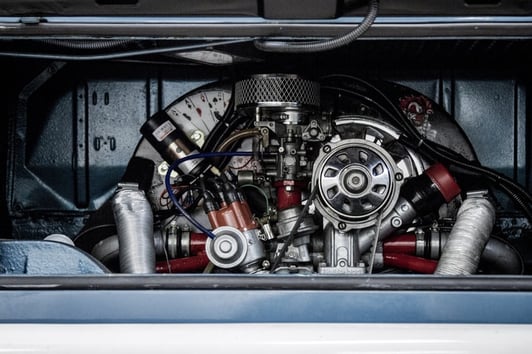Kwik Fit, one of the largest companies in the automotive repair sector in the UK, has recently shared the results of a research conducted in the United Kingdom on the possible causes of battery drain.
According to Kwik Fit sources, breakdowns due to battery issues in winter will continue to be increasingly common as three in five UK drivers charge devices from their vehicles. Among the top list of devices charged this way are smartphones, satnavs and tablets, some of which aren’t entirely necessary for working drivers, or, in the case of motorists (who do not drive professionally), none of them are strictly necessary.
Kwik Fit's research's findings highlight the fact that 52% of UK drivers do not have their batteries checked in winter, and some of them wrongly believe that their vehicle's battery performance is checked as part of their MOT (Ministry of Transport test), it isn’t, only the security of the battery fixing is inspected.
Many drivers, and motorists in general, do not realise that the devices plugged into their vehicle
have a detrimental effect on their vehicles' battery. Continually charging numerous portable devices off a vehicle’s battery is known in the trade as “i-sapping” and needs to be kept to an absolute
minimum; it leads to breakdowns or can shorten the lifespan of even a new battery. In
winter, batteries can struggle due to
lower temperature and battery-related breakdowns are even more likely to occur.
If all the drivers of a fleet have a particularly blasé attitude toward battery charging their various devices from company vehicles, how much could it cost a company? How important might it be to establish rules relating to this issue, or to implement a strict policy governing how and when drivers, or employees, should charge their devices in fleet vehicles?





